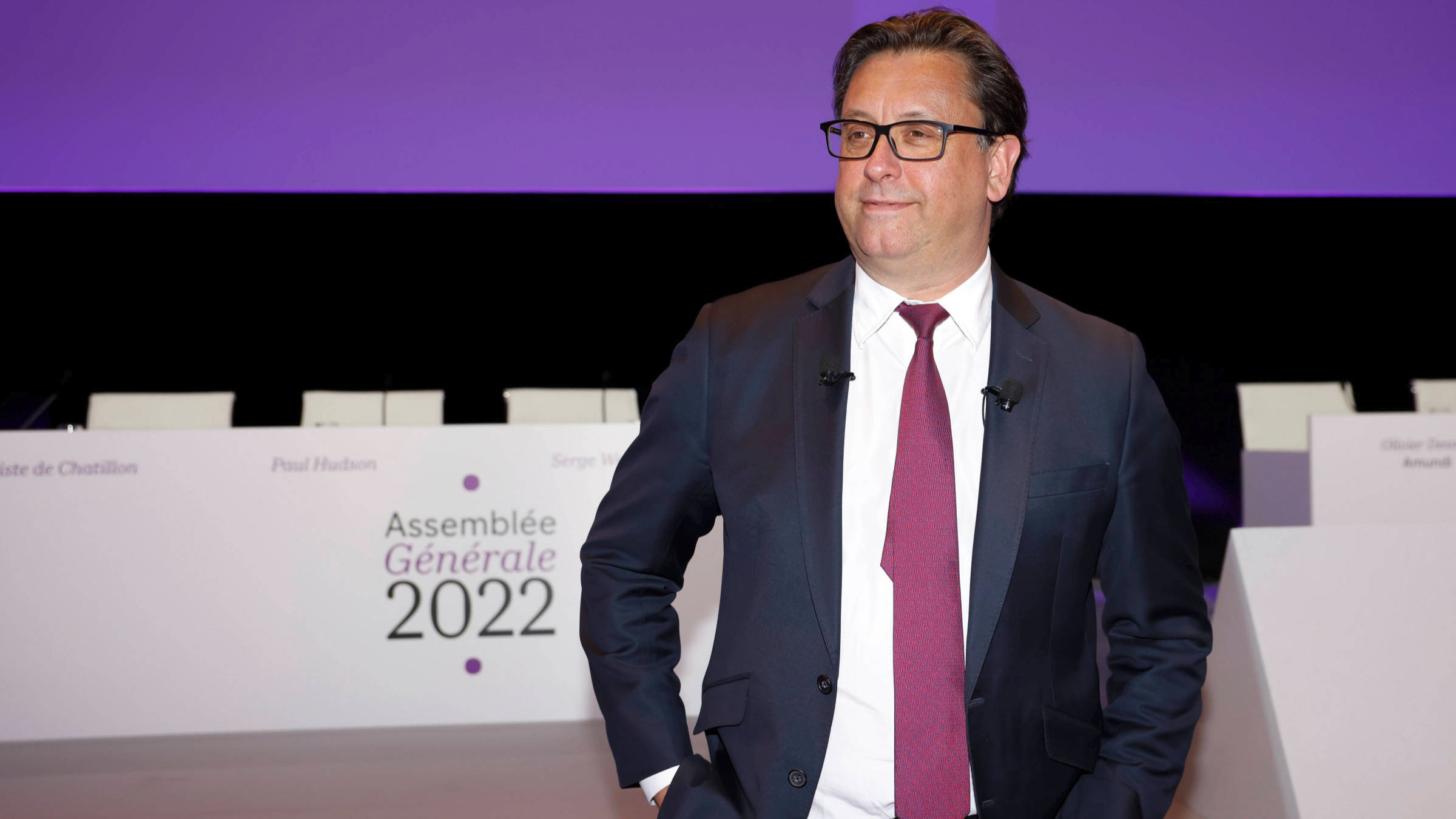
Paul Hudson, Sanofi CEO (Romuald Meigneux/Sipa via AP Images)
Sanofi jumpstarts effort to supply 30 'essential' drugs to lower-income countries
A week after Sanofi promised to cut insulin prices, the pharma giant’s nonprofit unit is offering more details on its effort to make the life …
Sign up to read this article for free.
Get free access to a limited number of articles, plus choose newsletters to get straight to your inbox.